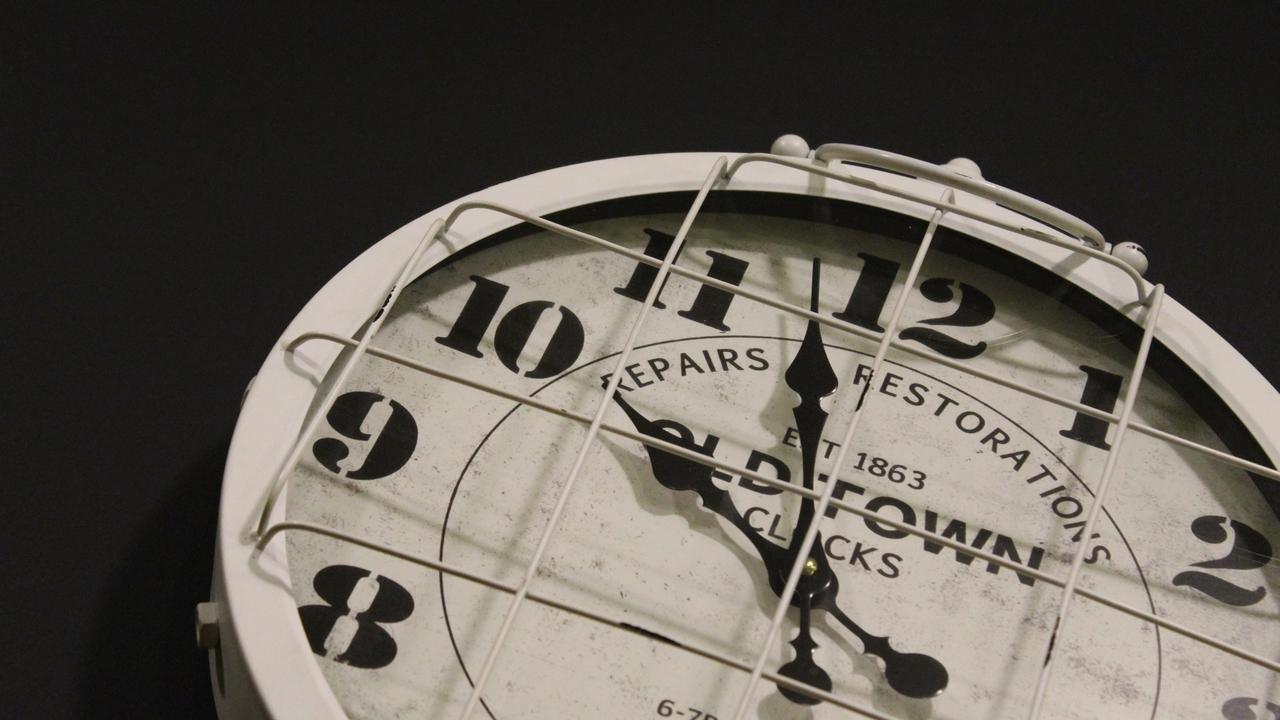Attention - What is It and How Do I Protect It in Times of Covid?

Last week, I was asked to name one of my personal heroes/heroines. Her name is Amishi Jha - she’s a neuroscientist and associate professor of psychology at the University of Miami.
Her work over the past decade has helped us to understand more about the brain’s ability to pay attention, the impact of stress and how to grow resilience. In particular, Professor Jha has spent years studying “the forces that degrade and weaken attention.”
In her recent article in Mindful magazine, Professor Jha explains that we are living in “Volatile, Uncertain, Complex, Ambiguous” times - a description she shortens to ‘VUCA‘. The pandemic has meant that we “are all living in VUCA conditions.” So if you have been feeling overwhelmed or unfocused, struggling with staying on task or overcome with emotion, she reassures us that we are not alone.
So what is attention? Jha explains that our attention system is like a flashlight. “It allows us to select and direct our brain’s computational resources to a smaller subset of information.” Your attention is powerful. It determines the moment-to-moment experience of your life - what you perceive, feel, remember, think and do.
It is however, vulnerable to stress, threat and poor mood. Although it is often described as a ‘superpower’, Jha explains that like many superpowers, “it has kyrptonite: threat, stress and poor mood will rapidly degrade your capacities.” The ongoing pandemic is producing circumstances that speed up the rate at which “attention is degraded as it jacks up attention’s kryptonite.”
Our attention also like to wander - for almost 50% of the time. While this is entirely normal, mind wandering pulls us away from the task at hand. In times of COVID, many of us are experiencing an increasing number of intrusive thoughts about for example, the viability of the vaccine, how long the pandemic will last and whether we will ever return to some sort of normal. This type of wandering can leave us feeling depleted and in low mood, compounded often by a sense of separation and loneliness, enhanced by COVID.
Challenges to our ability to pay attention are also impacting the way we connect. As Jha explains, “Paying attention is one of the most compelling ways by which we can show our interest, care, and love for others. Yet, while physically distancing, we can’t offer up our attention in the usual way right now. Covid is depriving us of the essential ways in which we connect.”
So in these “high-kryptonite conditions”, what can we do about it? Professor Jha and her team have found that one answer is to practise mindfulness. Mindfulness meditation, practised regularly, “protects attention under VUCA conditions. Because mindfulness practice is all about keeping your attention in the present moment without judgment, elaboration or reactivity, it becomes a kind of “mental armour” against some of the most damaging habits of the mind: mind wandering, rumination and catastrophising, which significantly ratchet up under VUCA conditions like the times we are living through right now. Mindfulness practice helps restore attention so you can regulate your emotions and relate to them differently by allowing them to arise and then pass away.”
So with VUCA conditions set to continue for some time to come, maybe it’s time to look at the benefits of mindfulness afresh. If the practice can help us to navigate the stress of a pandemic, then perhaps we need to slow the pace, deepen the breath and find more time ‘to be.’
Written by Gillian Higgins
Credit: See Professor Jha’s article in Mindful Magazine, Jan 2021: “You’re Overwhelmed (and it’s not your fault)”
Photo by Zulfa Nazer on Unsplash
Stay connected with news and updates!
Join our mailing list to receive the latest news and updates from our team.
Don't worry, your information will not be shared.